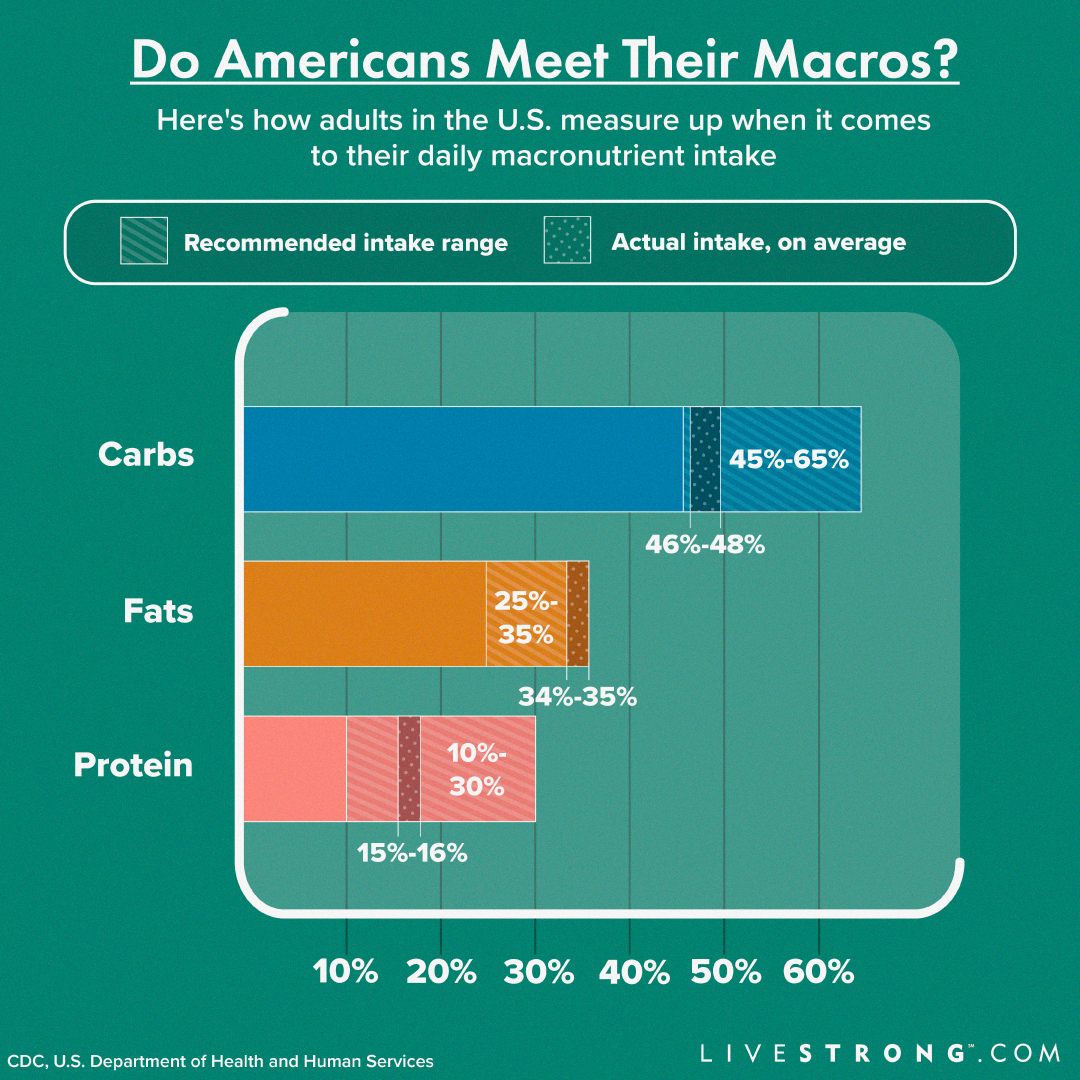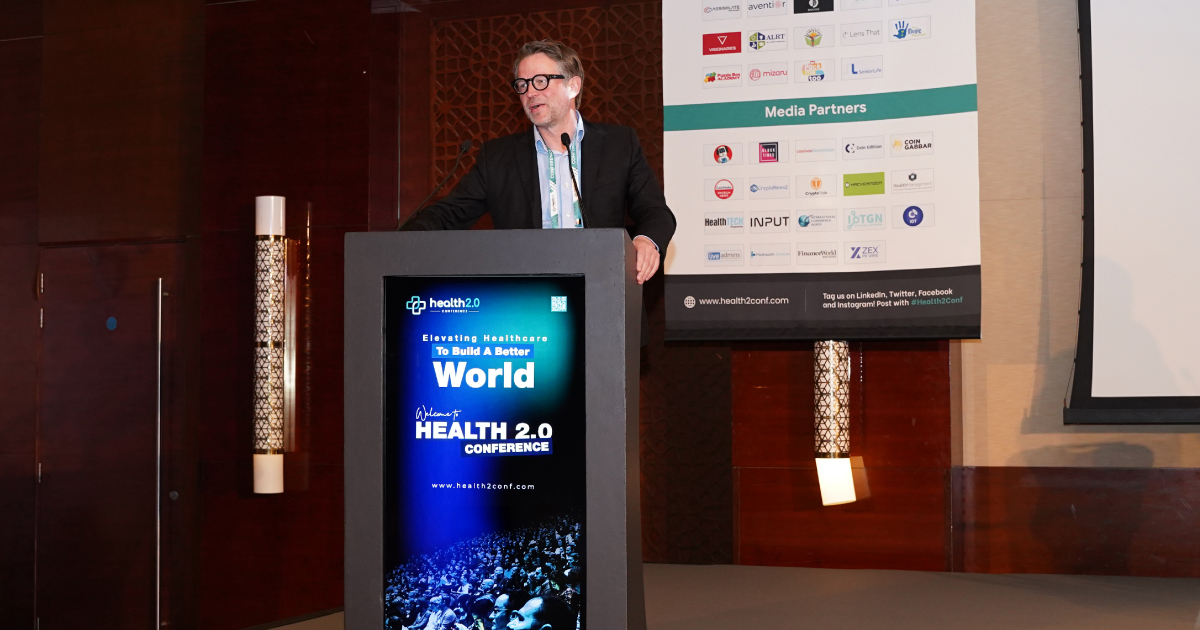Aayushi Kapil

Aayushi Kapil, one of the enthusiastic Health 2.0 Conference’s organizing team members, is passionate about learning new advances in the healthcare sector. Health 2.0 Conference provides a vibrant platform to highlight escalating hospital management systems, school nutrition policies, and how patients can be vigilant about insurance spam and billing scams perpetrated by fraudsters.














